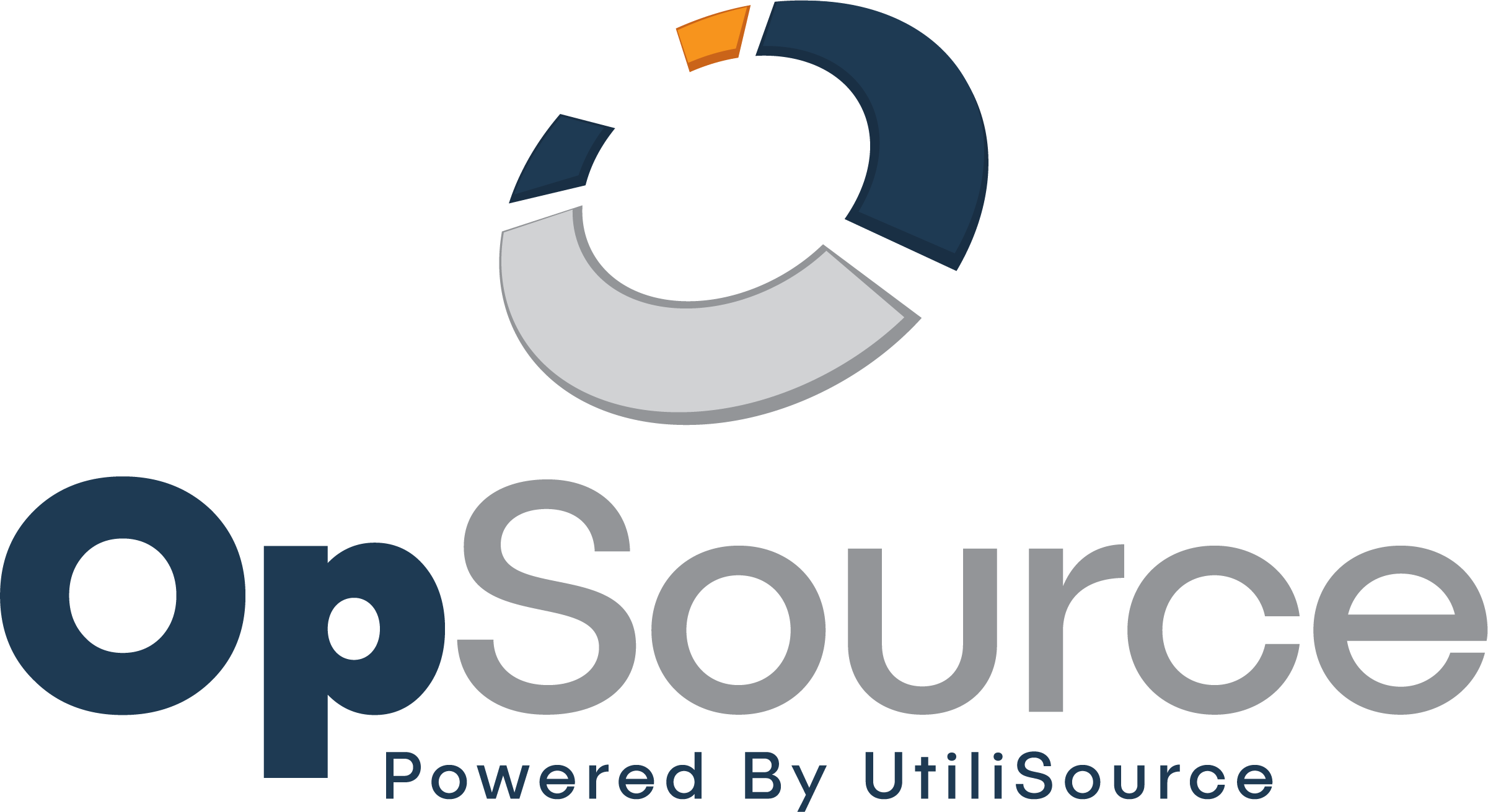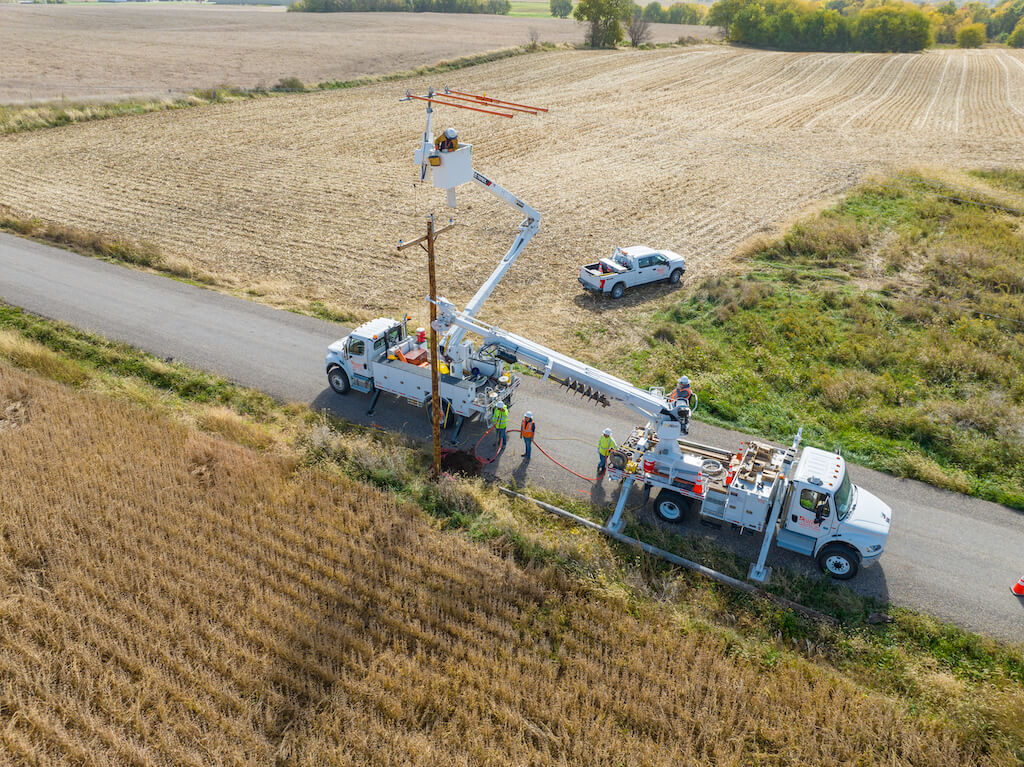Industrial project management is critical to any and all industrial projects. Industrial project managers are a key part of a team and ensure the success of your projects. Continue reading below to learn more about industrial project management and the important role it plays in your operations.
What is Industrial Project Management?
Let’s start with the basics: what is industrial project management? Project management can be defined as the process of applying knowledge, skills, and tools to oversee project activities.
A project manager’s job is to plan and manage projects. They ensure deliverables meet project objectives, project goals within project budget and on time. All project management follows the same idea. With industrial project management, these ideas and procedures are followed for industrial projects such as for construction projects.
Project management starts with four main stages:
- Initiation
- Planning
- Execution
- Closure
Throughout the project lifecycle, the project manager oversees the project team, manages risks, and communicates with key stakeholders. This is done to ensure successful project completion.
Project management tools and project planning tools can help a project manager be more successful. Finding software made specifically for industrial projects is extremely important.
At OpSource, we offer a suite of software to help you better manage your industrial projects. Our suite was built with the specific needs of an industrial project in mind. OpSource’s software caters to the unique challenges of industrial projects.
Purpose of Industrial Project Management
Project managers have an extremely important job to do. From creating a project plan, to risk management, scope creep, and managing project timelines, a project manager oversees everything. Below is a high-level overview of main functions project management serves
- Strategic Alignment
Project managers start by listening to the needs of the project. Then, they must understand how those needs fit into the specific goals of the business. They ensure that the project fits into the overall strategy of the business and will meet the goals of the business.
They also ensure that projects stay on track and do not deviate from the plan. Not only is scope creep expensive, but it also threatens the strategic alignment of the project. It is a project manager’s job to ensure a project stays on track.
- Stay on Budget
One of the most important things project management maintains is budget. An effective project manager ensures that projects are not only completed on time, but are completed within budget.
They are in charge of tracking budget throughout the entire process and how to allocate resources throughout the project. They also help to foresee potential delays and mitigate them to prevent overspending.
- Defined Objectives
Another important thing that project managers do is create clear project objectives. Without a defined focus of defined objectives, a project is destined to fail. These objectives keep all team members on the same page. In addition, a lack of focus leads to expensive consequences such as scope creep and missed deadlines.
An effective project manager will create clearly defined objectives, including deliverables, task breakdown, and a project schedule. This allows them to better respond to potential risk and respond if a project is veering in the wrong direction.
- Adjustments and Tracking Wins
Project managers also review the performance and success of a project. They track team best practices and compile data from projects to identify successes and areas of improvement.
- Quality Control
The last function of an effective project manager is acting as quality control. Quality control ensures the project meets quality standards and expectations. The project manager keeps track of timelines and objectives and makes sure each task is completed well.
Your project management team should have a set of quality standards for each project and for the organization as a whole.
Core Components of Industrial Project Plans
Good project management starts with a good project plan. With industrial project management, there are a lot of different things to consider when writing a project plan. Here are the ones we think are most important to effective project management plans:
Project Scope
The first step is to define the project scope with a scope statement. This statement will define what the project is, the steps to complete it, what the project entails, and how to get there. It may also include a budget.
When thinking about scope, think about the end result first. That will guide you on creating an effective scope statement.
Critical Success Factors
The next part of the project plan is to define critical success factors. These are objectives that help you know that your project is on the right track. These factors may include a clearly defined project timeline and funding for the project.
Work Breakdown and Deliverables
Another key part of an industrial project plan is a list of deliverables and a work breakdown schedule. Your deliverables are the actual product/service you are providing for the client. It will be a list of what the client will receive at the end of the project.
The work breakdown schedule has two main purposes: resourcing and a timeline. This schedule will include who is working on the project, what is expected of them, and when their work needs to be done. This keeps everyone on the same page and keeps the project running smoothly.
Budget
At the end of the day, it’s all about the money. Budgeting is the one of the most important parts of the project planning process and must be included in the project plan.
In Summary
Industrial project management has a lot of moving parts. In order for a project to be successful, so many different things need to fall in line. To make things easier on you and your teams, utilizing project management software for industrial projects is a must.
That’s where we come in. OpSource has a variety of software solutions available to help you with all of your industrial project management needs. From resourcing, to budgeting, to managing your project team, our software is built for the industrial landscape.



